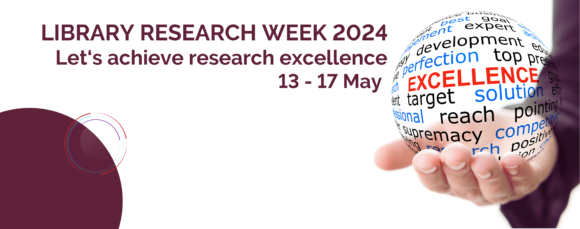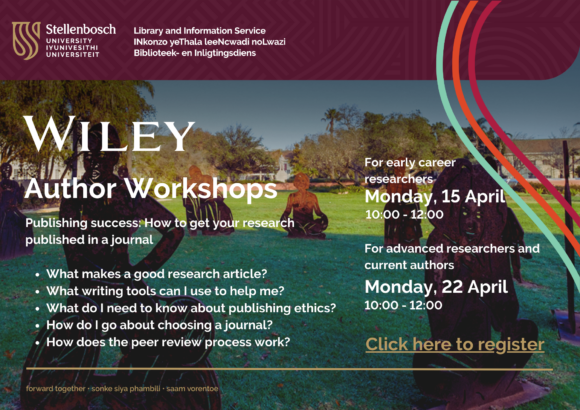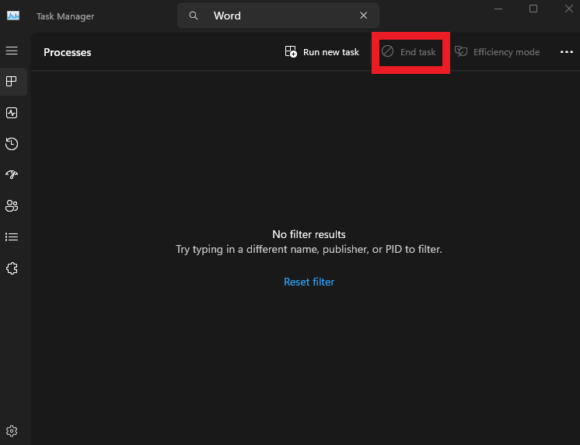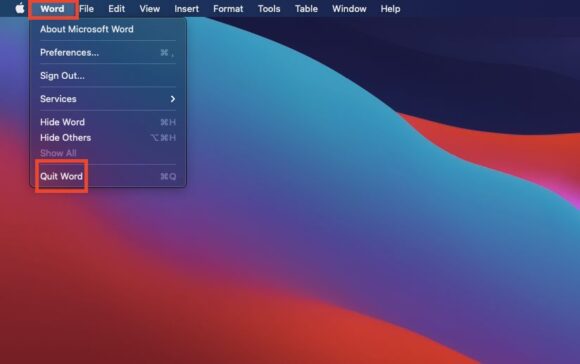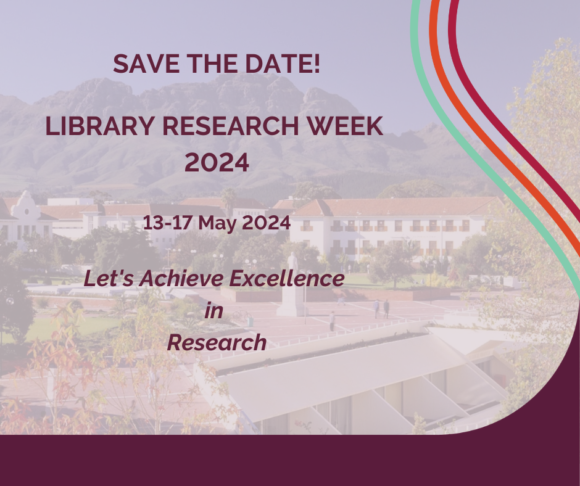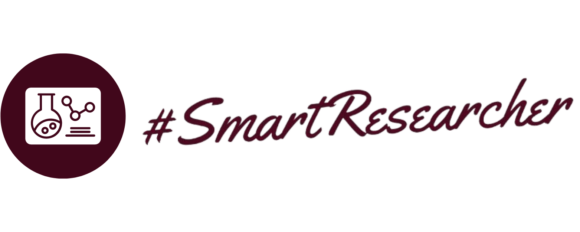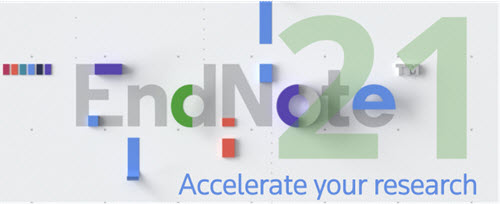During July the new semester begins and we are kicking off our second round of #SmartResearcher workshops. So if you missed any during the first semester, here they are again!
 |
| These workshops are aimed at postgraduate students, emerging researchers and academic staff and the focus will be on the research process. The sessions vary in length depending on the subject matter, but cover a wide range of subjects related to the postgraduate research journey. |
| EndNote for reference management
EndNote 21 offers various services, including reference management, organising and annotation of PDF documents and collaboration. In this session, we will show you how to download and install EndNote and how to set up your account. Kindly note that a separate workshop is available for users who need assistance in migrating from Mendeley/Zotero to EndNote. Date: 25 July Time: 11:00 – 13:00 |
| How to conduct a literature review
In this webinar, participants will learn what a literature review is and the different types of literature reviews. They will learn best practices for conducting a literature review by working with their topic, structuring the literature review and how to critically analyse literature. Date: 30 July Time: 11:00 – 13:00 |
| Tips on how to format your thesis (MS Word)
This workshop will help you work around some of the common formatting glitches most postgraduate students experience, whilst getting their document ready for submission. Date: 1 August Time: 11:00 – 13:00 |
| Library induction for postgraduate students and academic staff
In this introductory session, participants will be provided with an overview of the core services on offer by Stellenbosch University Library and Information Service. Topics include navigating the Library Website, how to find their way around the Stellenbosch University Library, how to find information through the Library’s numerous databases, what advanced research support services are available and many others. Date: 6 August Time: 10:00 – 13:00 |
| Systematic Reviews
Thinking about doing a systematic review? Having its origins in health sciences, a systematic review can be a daunting challenge. Let us help you demystify it and get started with a high-level introduction to the systematic review process. Date: 7 August Time: 14:00 – 16:00 |
| Introduction to Special Collections: Dealing with primary collectionsThis workshop focuses on Special Collection material in the library. The session will guide the participant to understand and explore the secondary and primary resources accessible to researchers. The aim is to encourage staff, students, and researchers to optimise the use of primary collections and data for research projects. Date: 13 August Time: 14:00 – 15:00 |
| Data Management Planning
This session introduces researchers to Data Management Planning. It is comprised of a presentation and practical demonstration. The presentation covers the following areas: the fundamental aspects of Data Management Planning, the structure of Data Management Plans, the regulation of Data Management Plans at Stellenbosch University as well as the resources that researchers can use in relation Data Management Planning. The presentation is followed by a practical demonstration on how researchers use Data Management Planning software to create Data Management Plans. Date: 14 August Time: 14:00 – 15:00 |
| Makerspace for Research and Innovation – 3D Printing, Rapid Prototyping and More In-Person / Online
Join us for an engaging workshop that delves into innovative research possibilities, essential project support resources, and highlights successful projects previously undertaken in the Makerspace. In this session, we will empower postgraduate students with insights into valuable tools and resources that can elevate their research endeavours. Our primary objective is to inspire postgraduate students to fully leverage these resources and the workspace to enhance the quality of their research outputs. Date: 15 August Time: 14:00 – 15:00 |
| Tools and applications for research
This workshop will offer a look at some of the top tools and applications for students, academic staff, and researchers. It will cover a variety of mobile apps for research, productivity, reading, writing, presenting, note-taking, file sharing and other essential tools for studying and publishing on the go. Date: 20 August Time: 14:00 – 16:00 |
| Finding Government Statistics
This workshop focuses on the database Statistics SA which is available by means of the Library website. The session includes a demonstration on how to access publications on the database, do cross-tabulation and access time series data with variables over time. Date: 21 August Time: 14:00 – 16:00 |
| EndNote for reference management
EndNote 21 offers various services, including reference management, organising and annotation of PDF documents and collaboration. In this session, we will show you how to download and install EndNote and how to set up your account. Date: 27 August Time: 14:00 – 16:00 |
| RDM tools, resources and training
The workshop will introduce participants to various available RDM tools, resources, and training. This will include introducing them to Information resources and technological solutions relating to data collection, sensitive data management, data storage, data sharing, data publication, game-based learning as well as researcher support. Date: 28 August Time: 14:00 – 15:00 |
| Copyright issues in theses and dissertation writing
This presentation provides an overview of the copyright issues which students typically encounter while working on their theses or dissertations. Date: 29 August Time: 12:00 – 13:00 |
